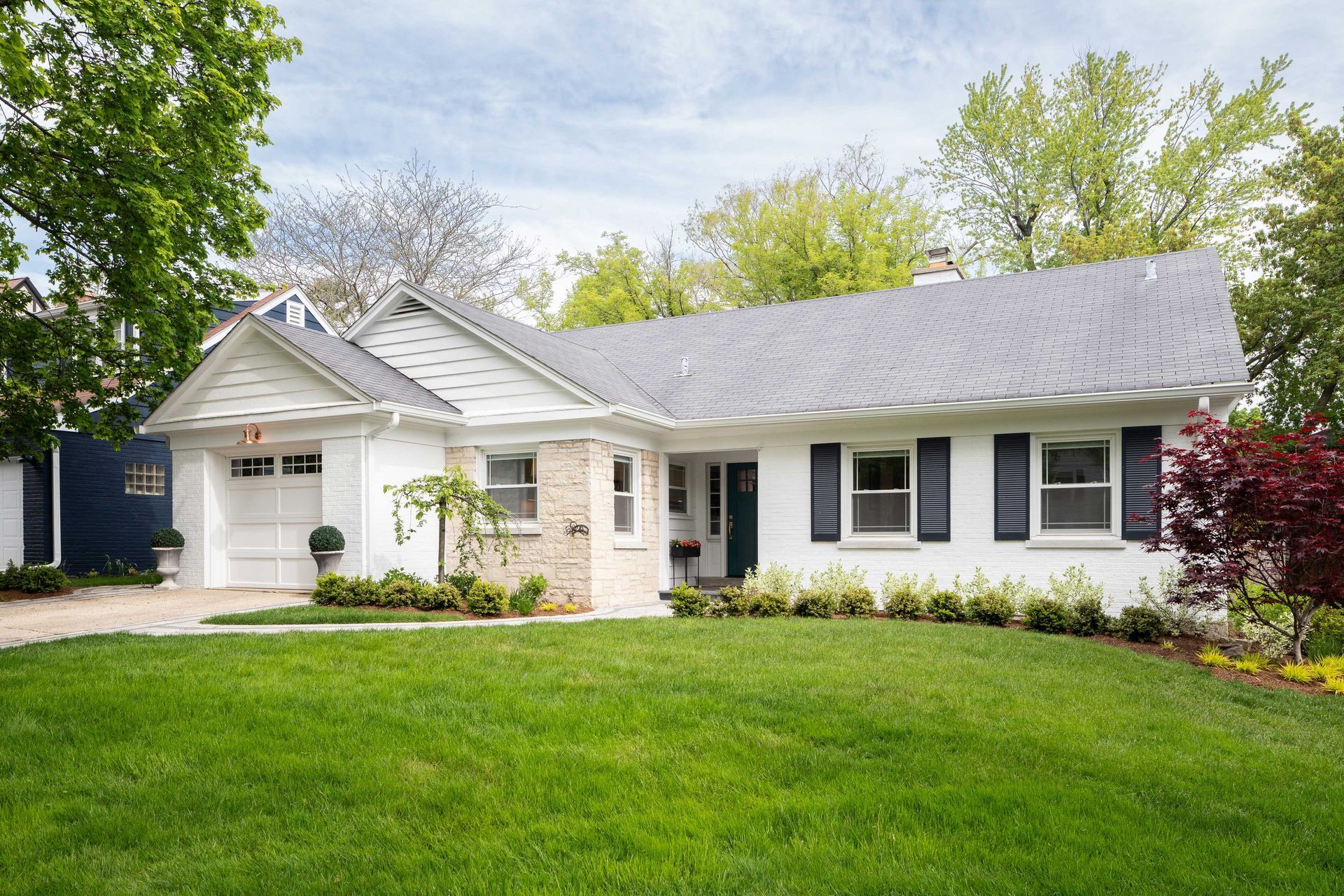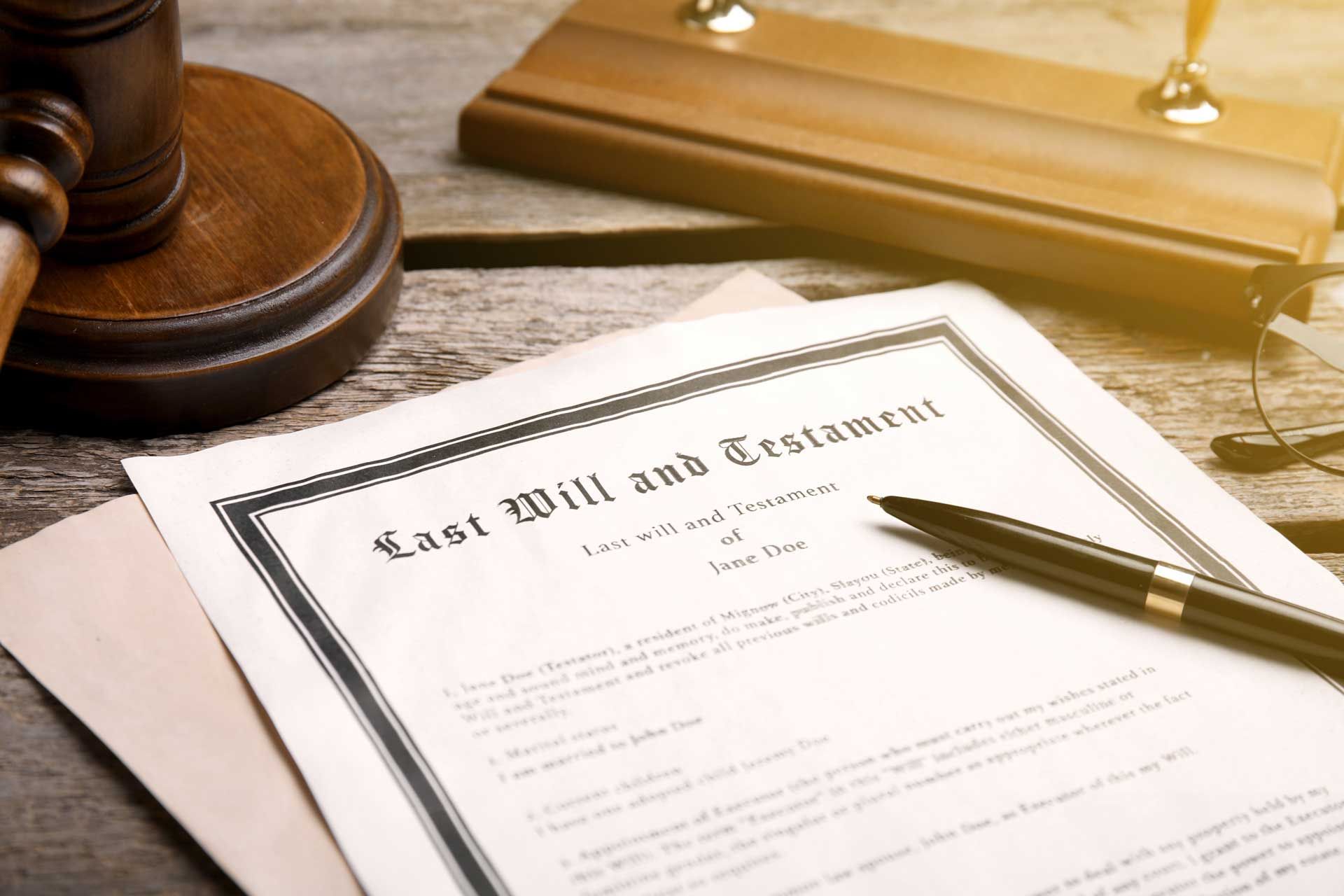Transferring real estate outside of probate

In Arkansas, all assets in a decedent’s estate must go through probate, or if the assets total less than $100,000, a small estate can be utilized. When a decedent’s estate contains real estate, typically a full probate is needed.
A probate proceeding is a minimum six-month process and requires court approval to sell the property during the probate proceeding. Real estate in a probate proceeding cannot be transferred to a beneficiary or heir until the probate court authorizes final distribution after the estate has been administered.
A central theme when meeting with clients is that they want to avoid probate for their beneficiaries. For real estate, there are three typical ways you see property transferred to your beneficiaries without the need for probate. One option is adding a co-owner on the property with you. The drawback to this option is that you now open the property up to the creditors of the person or persons you named as a co-owner and the new co-owner will not receive a step up in tax basis because they did not inherit the property.
To ensure that your beneficiaries receive the most favorable tax treatment, we recommend the use of a revocable trust or a beneficiary deed to avoid the need for probate but still receive the benefits of inheriting the property. The author notes that this article only discusses the favorable tax treatment of revocable trusts and not irrevocable trusts.
For a revocable trust, the real estate is transferred to the trust by way of a deed, and ownership of the property is transferred to the trust, then from the trust to your beneficiaries, avoiding probate. In some certain cases, we may recommend the use of a beneficiary deed to a trust as well. You should consult with an estate planning to determine the best plan for your situation.
For clients that are looking for a simple and easy solution to transferring their property without probate, we recommend a beneficiary deed. A beneficiary deed, also referred to as a transfer on death deed, does not take effect until the death of the owner or owners and goes automatically to the person or persons named to inherit without the need for probate court proceedings.
Another benefit to a beneficiary deed is that the Department of Human Services may only make a claim against the estate of a deceased recipient for the amount of any benefits distributed or paid or charges levied by the department, such as Medicaid or long-term care services. Because a beneficiary deed keeps real property out of a decedent’s estate, it is not subject to claims by the Department of Human Services.
If you have not made plans for your real property at your passing or want to explore any new planning options available, you should consult with an elder care attorney to make sure you are achieving your estate planning goals without subjecting your assets to unnecessary risks or claims.










